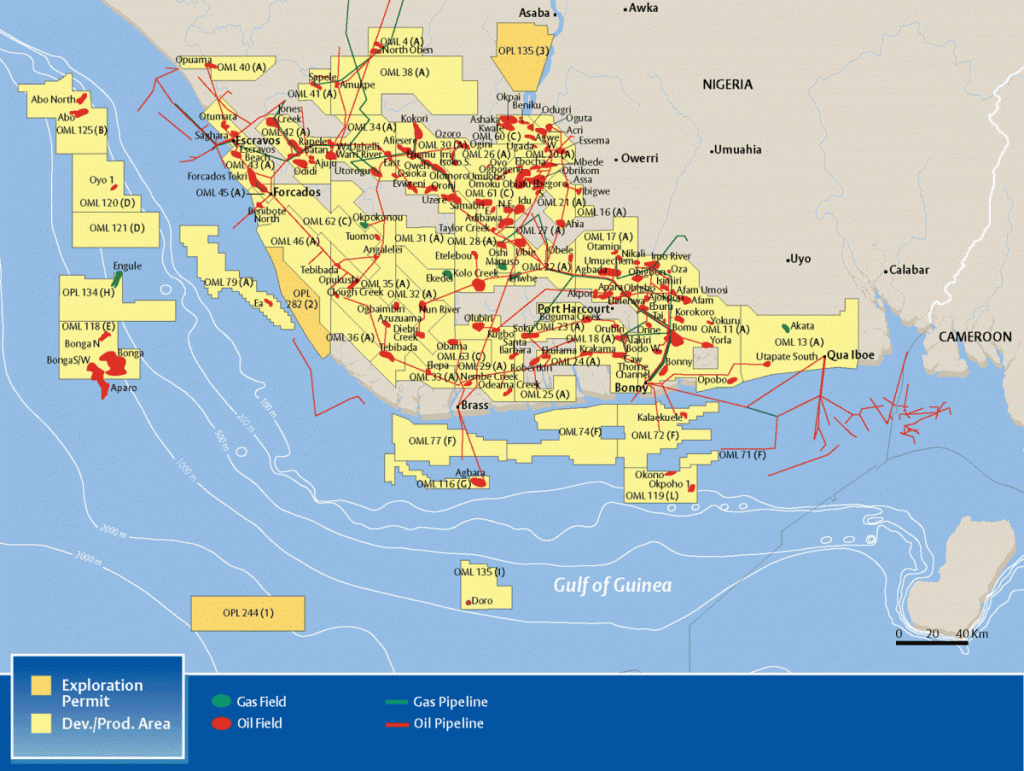 10 February 2014, News Wires – At least eight people were killed when armed tribesman launched an attack to stop maintenance crews repairing an oil pipeline blown up last month in south-east Yemen, according to reports.
10 February 2014, News Wires – At least eight people were killed when armed tribesman launched an attack to stop maintenance crews repairing an oil pipeline blown up last month in south-east Yemen, according to reports.
Six soldiers guarding the crews and two tribesmen were killed in the assault on Friday, which succeeded in halting work on the line linking Yemen’s Masila oilfields to the al-Dabbah export facility on the Arabian Sea, Reuters cited witnesses as saying.
The pipeline, with a capacity of 120,000 barrels per day, was blown up twice in two days by unidentified assailants, disrupting an important source of revenue for the impoverished state.
Disgruntled tribesmen often carry out such attacks to pressure the government to provide jobs, settle land disputes or free relatives from prison.
Tensions between the government and tribes in surrounding Hadramout province have been running particularly high since early December, when an important chief was killed in a shooting at an army checkpoint, local media have reported.
Tribesmen in the area had denied carrying out the explosions, but have said they would not allow the government to make repairs until it handed over the soldiers who killed the chief.
The tribes have also attacked government and energy facilities and late last month overran an oil ministry building in Hadramout.
The Arabian Peninsula country’s oil income has been in decline for the past decade, but still makes up about 70% of state revenues.
Yemen has been in turmoil since mass protests forced long-term leader Ali Abdullah Saleh to step down in 2012. His successor, Abd-Rabbu Mansour Hadi has been struggling to restore order.
Western governments fear a failure to accommodate the country’s rival political, regional and tribal groups could be exploited by al Qaeda, which has a strong presence in remote areas.
– Upstream



